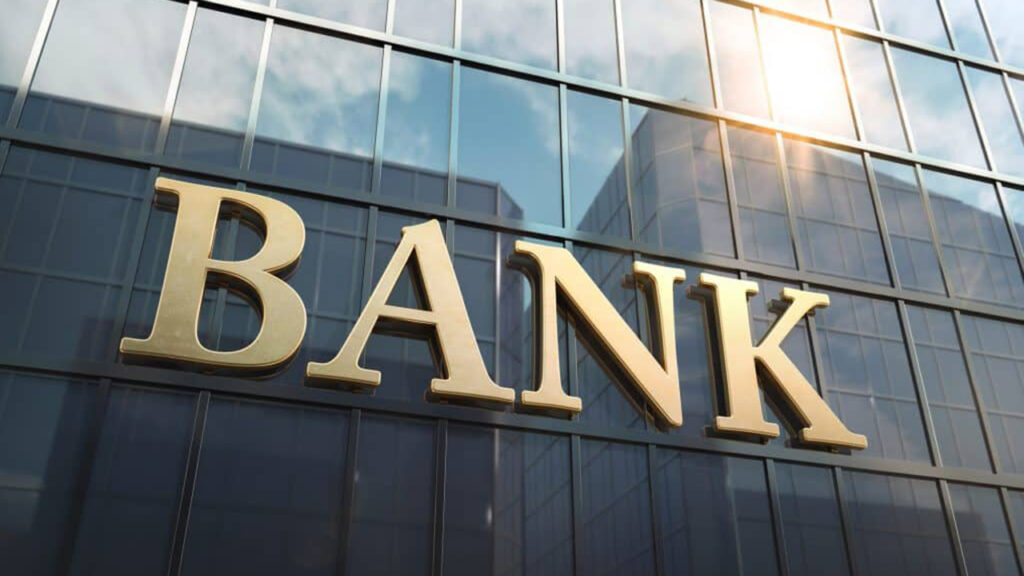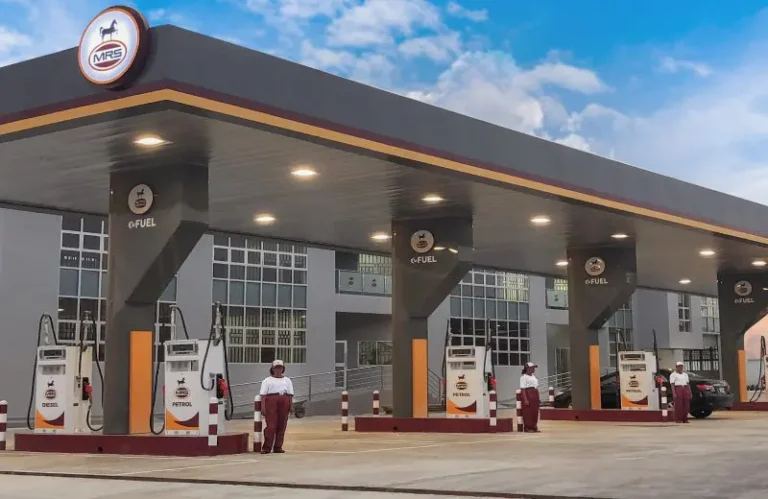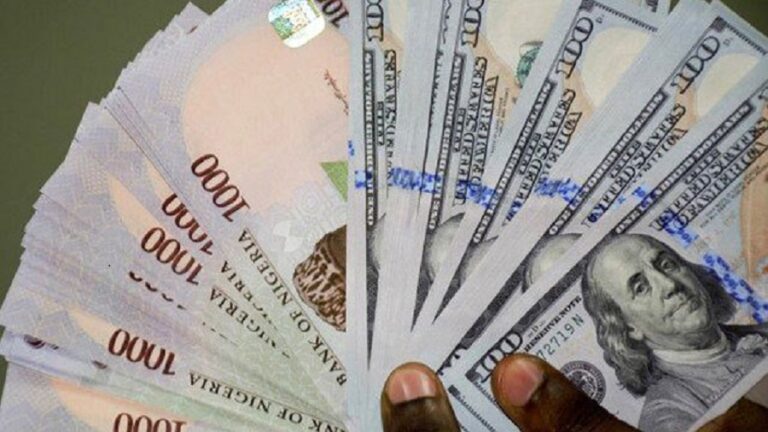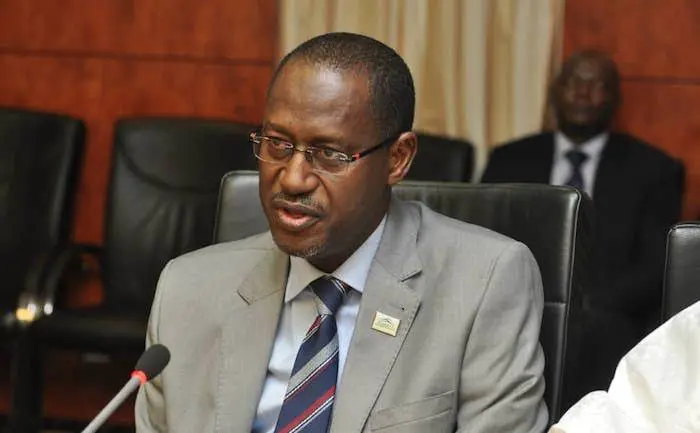
A study by Rand Merchant Bank (RMB), a member of FirstRand Group, says Nigeria’s gross domestic product (GDP) could slip to 0.8 per cent (a pace not seen since 2021) this year.
The investment bank’s most optimistic belt on the country’s output performance in the year is 3.8 per cent, which is premised on the condition that crude trades at $72 per barrel going into the year.
Its scenario mapping envisages the possibility of crude going extremely bearish and crashing to $40 per barrel. Should such a remote possibility happen, the report says, Nigeria’s growth would dip to 0.8 per cent while the fiscal balance ratio to GDP would spike to 5.1 per cent.
The last time Bonny Light traded around $40 was during COVID-19 when the global went south and some oil producers were struggling to cover the cost of production.
With the average cost of producing a barrel at $48.7, a $40 crude price would see the country earning a negative value from sales and send the economy spiralling.
With geopolitical tensions at extreme and the uncertainty turbocharged by President Donald Trump’s America First ideology, it is not certain the crude market will remain bullish through the year.
Some market insights suggest that the average price could drop to $60 on account of oversupply. If this happens, RMB, in its Global Market Research, says Nigeria’s output could slow to 2.4 per cent.
The country has sustained a faster growth rate since the first quarter of 2023 when the economy expanded by 2.31 per cent.
Last year, the quarterly growth graduated from 2.98 per cent in Q1 to 3.19 per cent in Q2 and 3.46 per cent in Q3. With its seasonal impact, Q4, which is expected, could be much higher and could take the annualised growth to around 3.4 per cent.
The International Monetary Fund (IMF) has projected a growth of 3.2 per cent this year while some local research institutions are much more bullish.
Like other projections, RMB expects Nigeria’s inflation rate to slow on account of stable naira and petrol prices.
President Bola Tinubu’s administration rolled out market reform across the downstream sector of the petroleum and foreign exchange market in 2023, leading to frontloaded inflationary impacts.
There is a consensus among economists that the inflation rate will slow this year even as the Federal Government targets 15 per cent inflation this year.
“In Nigeria, rate cuts are expected later in the year. Inflation will slow due to a stable currency and petrol pump prices. The MPC (Monetary Policy Committee) will cautiously assess new CPI (Consumer Price Index) data post-rebasing. Thus, we foresee the MPR (monetary policy rate) staying at 27.5 per cent, with a reduction likely in 4Q when positive real rates are also anticipated,” the report states.
Whereas the naira, which lost over 42.3 per cent of its value last year), is expected to firm up this year, RMB sees the currency, much like its peers in Africa, seeing “mild depreciation in the coming months”. It pegs naira and Egyptian Pound value erosion as two to four per cent.
“Although the U.S. dollar is expected to remain strong, its peak strength has likely passed, which should support African currencies. In 2024, Nigeria and Egypt undertook foreign exchange reforms that successfully attracted portfolio inflows. Despite the naira and Egyptian pound being the worst-performing currencies due to these reforms, the FX rate helped absorb long-standing balance of payments shocks,” it stresses.


